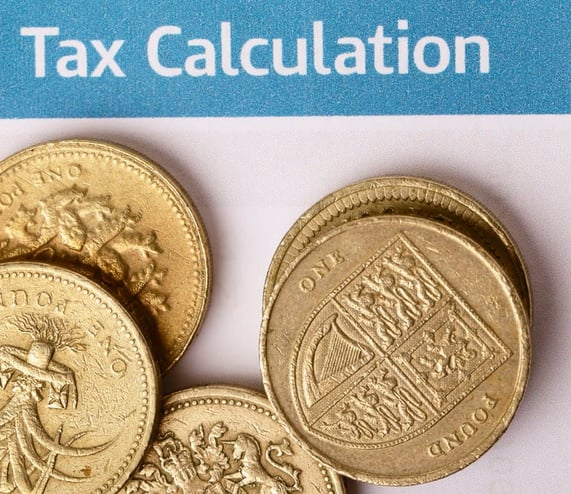BLOG
Reducing your payments on account

Under the self-assessment system, an individual is required to make payments on account. These are essentially advance payments towards the individual’s tax bill.
When are payments on account required?
Payments on account must be made if the previous year’s tax bill (including any Class 4 National Insurance) is £1,000 or more. However, the requirement to make a payment on account is lifted if more than 80% of the tax due for that year has been collected either via the employee’s tax code or deducted at source (for example, by a bank on interest paid on savings).
Due dates
A payment on account of 50% of the previous year’s liability must be made on 31 January in the tax year and on 31 July after the tax year. Any balance owing in the event that the final bill is more than the payments on account must be made by 31 January after the end of the tax year. If too much tax is paid on account, the excess is refunded. Interest is charged on payments on account made late.
Reducing payments on account
Making payments on account by reference to the previous year’s liability inherently assumes that the current year’s liability is at least that of the previous tax year. There are many reasons why this will not be the case, for example if profits fall or a source of income ceases. Where the taxpayer knows that his income will fall, he can apply to reduce his payments on account.
This can be done be done online by logging into your account and selecting the `reduce payments on account’ option or by completing form SA303 (available to download on the GOV.UK website at www.gov.uk/government/publication/self-assessment-claim-to-reduce-payments-on-account-sa303) and sending it to the tax office.
Beware
If you reduce your payments on account too much, interest will be charged on the shortfall from the date that the payment on account was due.
Example
Kate runs a small business as a sole trader. For 2014/15 her tax and Class 4 NIC liability was £2000. On this basis she is due to make payments on account of £1,000 for 2015/16 on 31 January 2016 and 31 July 2016. Any balance not covered by the payments on account will be due by 31 January 2017.
However, Kate took a four-month break during the year to 31 March 2016 and reduced her hours in order to look after her elderly mother. As a result, she estimates her tax bill for 2015/16 will be £1,200. She makes a claim online to reduce her payments for the year to £1,200, making payments on account of £600 on 31 January 2016 and £600 on 31 July 2016. Assuming her final tax bill is £1,100, she will receive a refund of £100 once she has filed her 2015/16 return.
Need to know
If you think your tax bill for the current tax year will be less than for the previous year, you can apply to reduce your payments on account.
Please get in touch with us at Inform if you need further advice on your self-assessment including reducing payments on account or information on any other tax related matters.
Read more of Inform's tax blogs:
Main residence relief and periods of deemed occupation
100% capital allowance for low-emission cars
Giving your home away- beware the GWR rules






.jpg?width=1500&height=1000&name=amy-hirschi-K0c8ko3e6AA-unsplash-(5).jpg)

